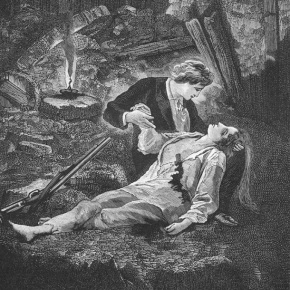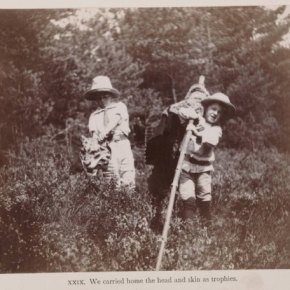
The Real People Behind Characters
It’s common literary practice to use the people around you as inspiration for fictional characters. Sometimes, truth can be more interesting than fiction, and, as writers, we come across people who give us inspiration for a story to tell. These truths might mean more than what one can think up from scratch. Many authors have used the facts of the...
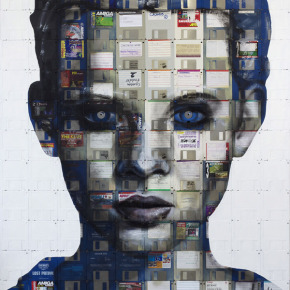
The Floppy Disk Returns Through Art
by Jamal Stone “Don’t copy that floppy!” A now-hilarious battle cry from 1992 emblematic of technology’s breakneck pace. Today, floppy disks are obsolete doodads, uncovered only when clearing out one’s desk space. Technology doesn’t look back. Go ahead and copy one. But no one told us not to paint on floppy disks. Enter Nick Gentry,...
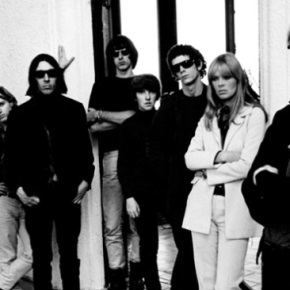
The Andy Warhol-Mama Cass Elliot Project That Never Happened
Thanks to Longreads we recently came across this Guardian reprint of a fascinating 1967 piece written by Danny Fields for the now-defunct rock magazine Hullabaloo, outlining a series of encounters between Andy Warhol and singer “Mama” Cass Elliot of The Mamas and the Papas and other seminal acts. In a few fleeting scenes Fields charts the...
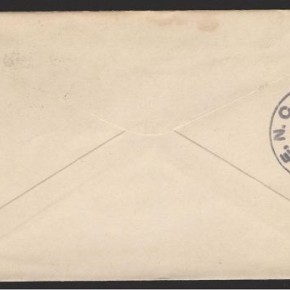
The Language of Grief
On the occasion of Pacific Northwest writer Charles D’Ambrosio’s new book of essays, Loitering, slated for November release from Tin House, we’re recommending “Documents,” a piece D’Ambrosio contributed to The New Yorker in 2002, and which is included in Loitering. The essay, a delicate yet devastating memoir in fragments, is partially composed of passages culled...

